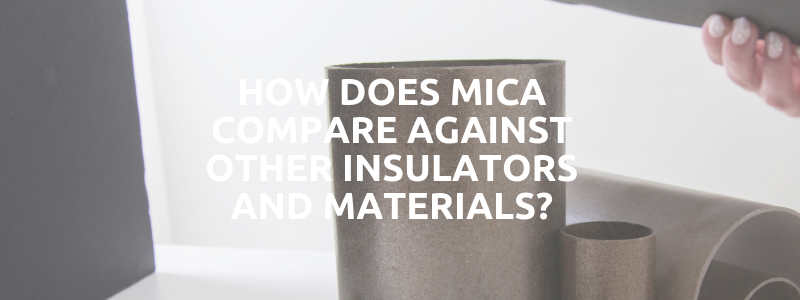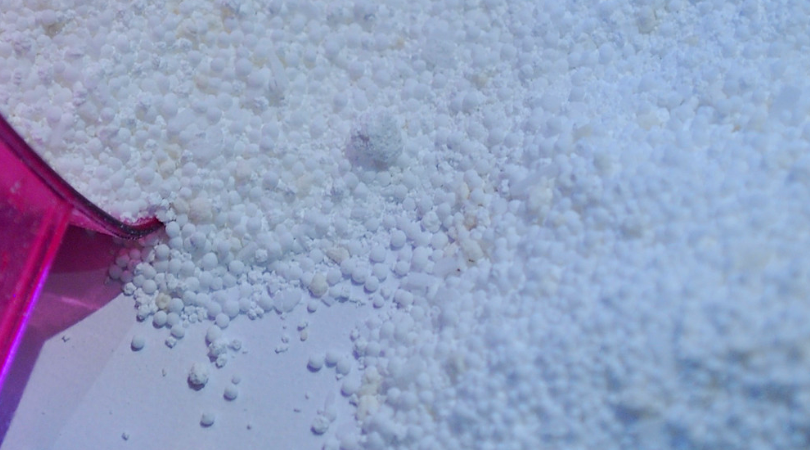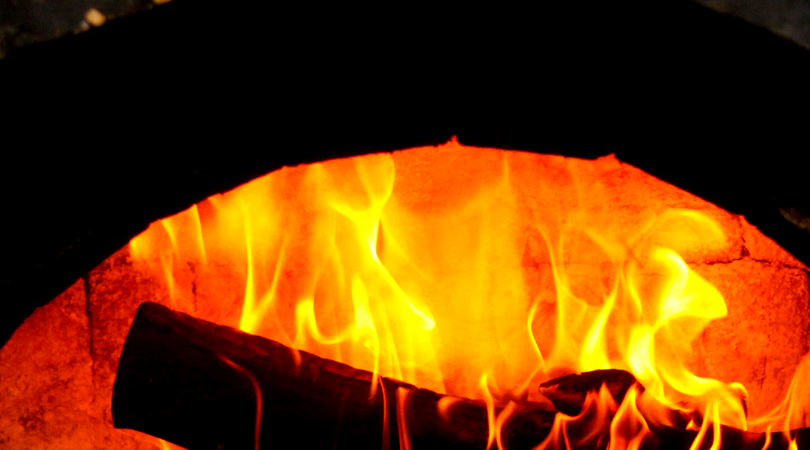
Mica is a very effective industrial insulation material, due to its unique physical properties. The versatility of this naturally occurring mineral means that it has applications across a wide range of industries, providing essential support as a high-performance insulator. It also acts as a superior relining material in the foundry and steel industry.
Given this wide range of applications, it is worth investigating what other industrial insulation material some of these industries use, and how mica insulation compares with them in terms of versatility and overall performance.
Industrial Insulation Material Basics
Insulation is about preventing the passage of heat or electricity into or out of a specified area. Accomplishing this requires a non-conducting material.
For thermal insulation and control, this means a material that will not conduct heat well. Consequently, a sheet material that is reflective or low emittance is not an insulator.
Materials required for thermal insulation generally perform more than one function, while also insulating. Typically, they must also:
- prevent corrosion;
- be non-combustible;
- protect personnel;
- be physically resilient; and
- have a reasonable lifespan.
There will be basic principles to consider when choosing an insulator, such as: what the thing is requiring insulation; what the nature of the process is; what the main reason is for insulation; and what the conditions of the design are.
Potential industrial insulation material has different mechanical and chemical properties. Choosing the right insulator also means taking energy costs, and potential savings, into account.
An insulator, as part of a system, should reduce energy use, help with process control, protect workers, control condensation (where applicable) and reduce emissions.
Electrical Insulation
There are three main categories of electronic materials: conductors, semiconductors and insulators. Insulators can come in solid, liquid and even gas form.
They have a high resistance and low electrical conduction. Dielectrics are insulators that do not allow electricity to flow through them.
Mica has good dielectric properties and is used widely in the electronics industry, both in power electronics and in insulation for consumer appliances. However, in electrical insulation, there are several other common insulators.

- Solid insulators include:
- clay, in the form of ceramic or porcelain;
- plastics, such as PVC;
- glass, including silica, soda ash and limestone;
- paper and cardboard;
- Teflon (polytetrafluoroethylene)
- PFA;
- rubber;
- wax and oil.
Some of these, such as wax and oil and rubber have a historical use, for example dating back to when Edison used a combination of linseed oil, beeswax and paraffin with Trinidad asphaltum to insulate copper wires.
Others, such as paper and cardboard, are cheap but are neither durable, not heat resistant. Similarly, whereas clay-based insulators can be effective in being non-conductive, they are not especially resilient when it comes to physical strength.
Insulators can fail if the voltage gets too high, electrons break out of their stable orbit, go through the material and destroy the insulator.
Mica has particular advantages as an electrical industrial insulator material because it is so adaptable. Whether in rigid or flexible form, it offers different solutions in contrasting situations and settings.
Furthermore, it is also lightweight, making it ideal as an insulator where weight is an issue, such as in the aerospace and automotive industries.
Refractory Furnace Lining Solutions
Furnaces require lining to extend their lifespan and to protect the materials processed. Refractory materials are heat-resistant at high temperatures and are, therefore, used for this purpose.
Choosing the right furnace lining is essential for keeping furnace maintenance costs down and avoiding downtime, and also maintaining efficient production levels.
Selecting the right material may involve heat-flow analysis. Older models of furnace may provide an ideal opportunity for an upgrade by choosing a different relining material. The question then is what type?
Traditionally, iron and steel furnaces have relied heavily on refractory ceramic fibre (RCF), also known as aluminosilicate wool. This material can withstand the typically high temperatures generated in furnaces while also resisting pollutants.
There are, however, environmental safety concerns over this material. In Europe, it has been classified as a category 1b carcinogen.
Mica is a safe alternative and not only this, but it has excellent slip-plane qualities as a furnace lining.
Robustly glass-reinforced, mica is less likely to tear, while still retaining its thinness, thereby maximising its effectiveness as a relining material. It allows for enough free movement under heat to protect the lining surface by reducing stress.

Mica also acts to protect the coil grout and the casting. Overall this helps with increased furnace throughput, since the coil grout then requires less patching. Furthermore, the mica will not stick to the grout, which makes it easy to remove when required.
For its thermal conductivity, compared to other furnace lining materials, mica can be over three times faster than ceramic paper, and nearly four times faster than woven glass. At the same time it reduces the risk of metal penetration to the coil because it allow for a more evenly spread wearing down across the crucible.
Is Mica Your Industrial Insulation Material Choice?
For various forms of electrical and industrial insulation, and also for furnace linings and protection, there is a choice of materials and solutions. Making mica your choice, however, allows for a high degree of versatility and performance, and adaptability across many industrial sectors and processes. For more about mica, please call us on +44 20 8520 2248, or email sales@elmelin.com. You can also complete our enquiry form and we’ll respond as soon as possible.
